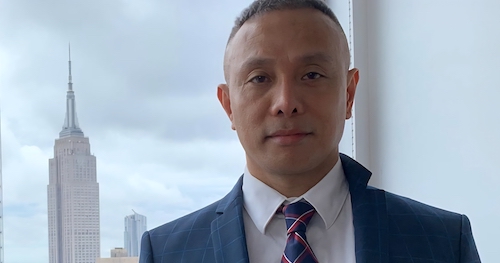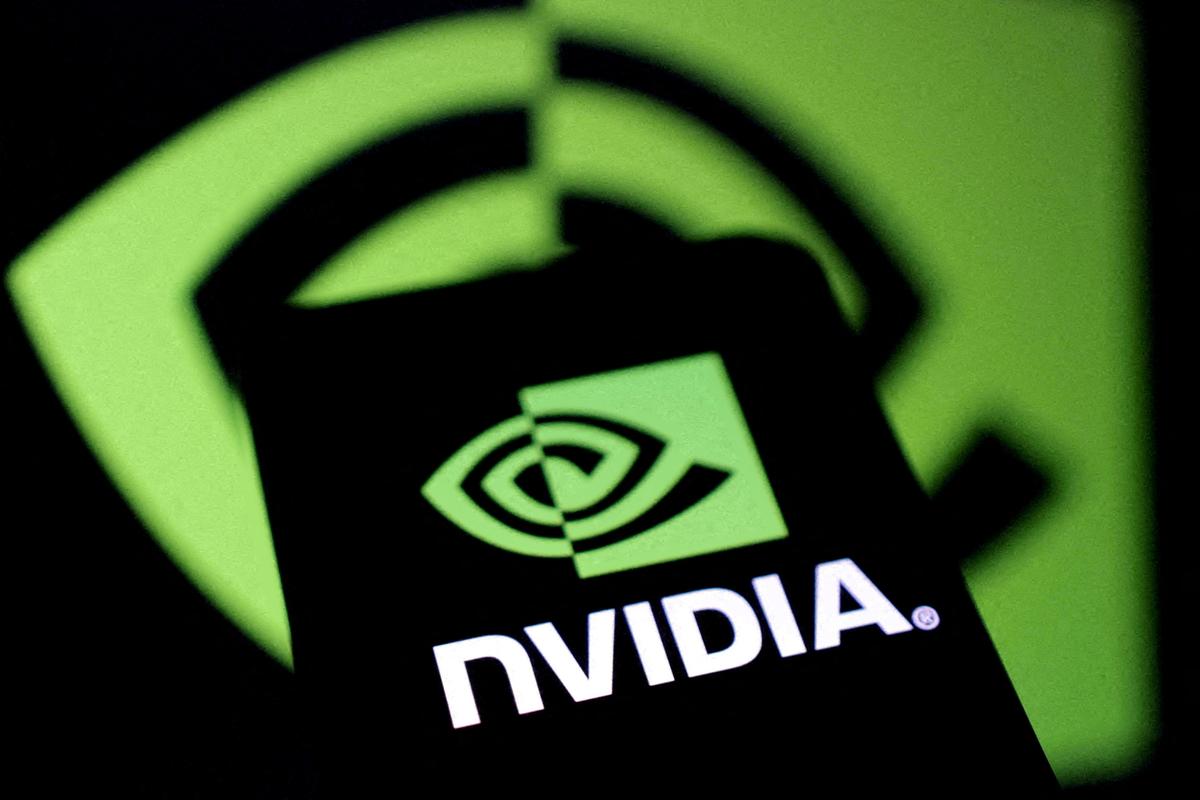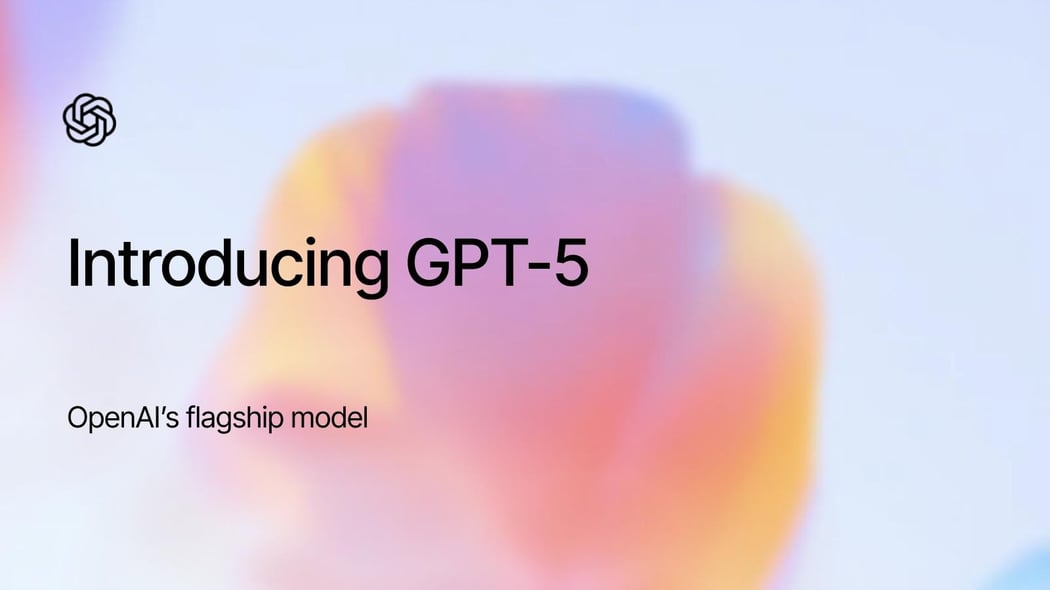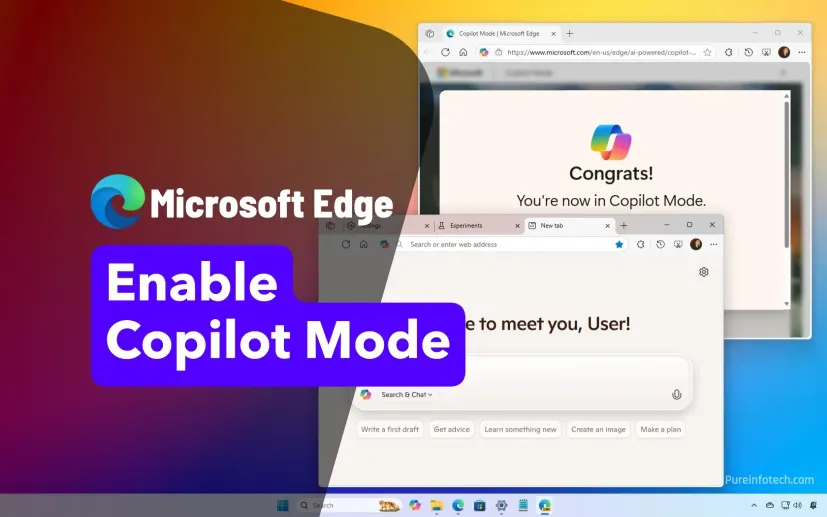Kling AI Model is a new Artificial intelligence Application going viral on social media platforms. It is open access and believed to be better than Sora.
What is the Kling AI Model?
Kling AI is a Sophisticated text-to-video generation model. It was developed by Kuaishou Technology, who developed Sora. Kuaishou Technology is a Chinese company known as a short-video platform similar to TikTok.
Kling AI is A model used to leverage advanced AI techniques to produce highly realistic videos. Kling Ai is based on the Diffusion Transformer architecture and 3D spatio-temporal joint attention mechanisms to provide cinema-grade videos in 1080p resolution at 30 frames per second. Its high-quality results make users go crazy. It is the best text-video generation model till now. It is beating Sora and gaining a lot of attention through social media platforms.
Kling AI Model can generate videos up to two minutes long, supporting various aspect ratios and simulating realistic physical characteristics. However, it is beta testing via the ‘Kuaiying’ app, with a web version in development. Its testing version impressed millions of people. What we can expect if it is an official release for the users?
Also read: Monster Hunter Wilds Release Date With New Trailer
What Kling AI Model Do?
Kling AI Model is a revolutionary text-to-video generative Model through simple text only. It is giving tough competition to Chatgpt. Right now, the Kling AI Model is in the test version and competition he Chatgpt. In, the future there is a possibility that it can take over. With the latest technology, the Kling AI Model is able to generate 1080p high-resolution video in just 1-2 minutes, even in up to 30 frames. Kling AI Model creates a complex realistic motion video because it is designed with a better understanding of the physical world. Kling AI Model is based on a Diffusion Transformer-like Sora. When a user enters a text, its technology reads the text and starts creating a realistic visual from the first frame to the last frame.
For example: If you want to use Kling AI to create a 60-second promotional video for a new product of your company, then you have to enter a detailed script in the form of text describing various scenes where the product enhances daily activities, such as in a kitchen, office, and outdoor picnic. Scene like-
“Scene 1: A modern kitchen with a young woman preparing breakfast. She uses the product to make her morning routine easier.”
“Scene 2: An office environment where the product is being used to improve productivity.”
“Scene 3: An outdoor picnic where the product enhances the leisure experience.”
Then Kling AI processes the text and starts generating high-resolution video with realistic settings and characters.
Core Features of Kling AI
- High-Quality Video Generation: Kling AI is capable of creating full high-resolution videos with 1920 by 1080 pixel resolution with a frame rate of 30 which makes the video quality excellent just like that of a cinema. It also helps to create videos at a high resolution, not only in terms of clarity but also in terms of the overall aesthetics that make them suitable for multiple uses, including entertainment and educational purposes.
- Versatility in Video Length and Aspect Ratios: The Kling Model supports to creation video in videos up to two minutes in length, providing flexibility for different types of content. Like, one of the most significant flexibilities of Instagram videos is that there is no specific limit to the length of the video or the aspect ratio it may have. Furthermore, Kling AI accepts more than one aspect ratio, so it can accommodate different settings or users’ demands. This flexibility is realized by the use of variable resolution training approaches in OOPS.
- Realistic Physical Simulations: Another plus point of Kling AI is that it is capable of physical interaction realism, which contributes to the incredible authenticity of the generated videos. This feature is particularly important in areas that demand accurate and lifelike representation and rendering such as gaming, VR, and AR.
- Complex Concept Combinations: With the help of knowledge about semantic relations between texts and videos, Kling AI can define how several sophisticated ideas interconnect to generate creative concepts of scenarios. This capability enables users to be able to work on their imaginations and enhance the way they visually present new concepts and ideas that would otherwise be difficult to picture.
Architectural Innovations
- Diffusion Transformer Architecture: The Diffusion Transformer is the heart of Kling AI, as this infrastructure is aimed at using the assets of both diffusion models and transformer networks. Such architecture makes it possible for the model to dissect temporal sequences at various granularities, important for producing coherent videos.
- 3D Spatio Temporal Joint Attention Mechanism: In Kling AI, the developer uses a 3D spatiotemporal joint attention mechanism that permits the model to capture both the spatial and temporal dependencies. This mechanism is used when the movement and the interaction of objects in time appear to be critical to the context and story.
- Semantic Embedding and Text Processing: Textual description is converted and understood in the model through the use of contemporary natural language processing techniques. With the help of knowing the subtle details of the input text and their contextual meaning, Kling AI is able to perform the translation of words into symbols and subsequent actions within the video.
Where Can We Use Kling AI?
Kling AI can be used to generate any video content because it is based on the Diffusion Transformer mechanism and works on all ratios. Users can use the Kling AI model in the following fields-
- Entertainment and Media
- Education and Training
- Marketing and Advertising
- Virtual and Augmented Reality








